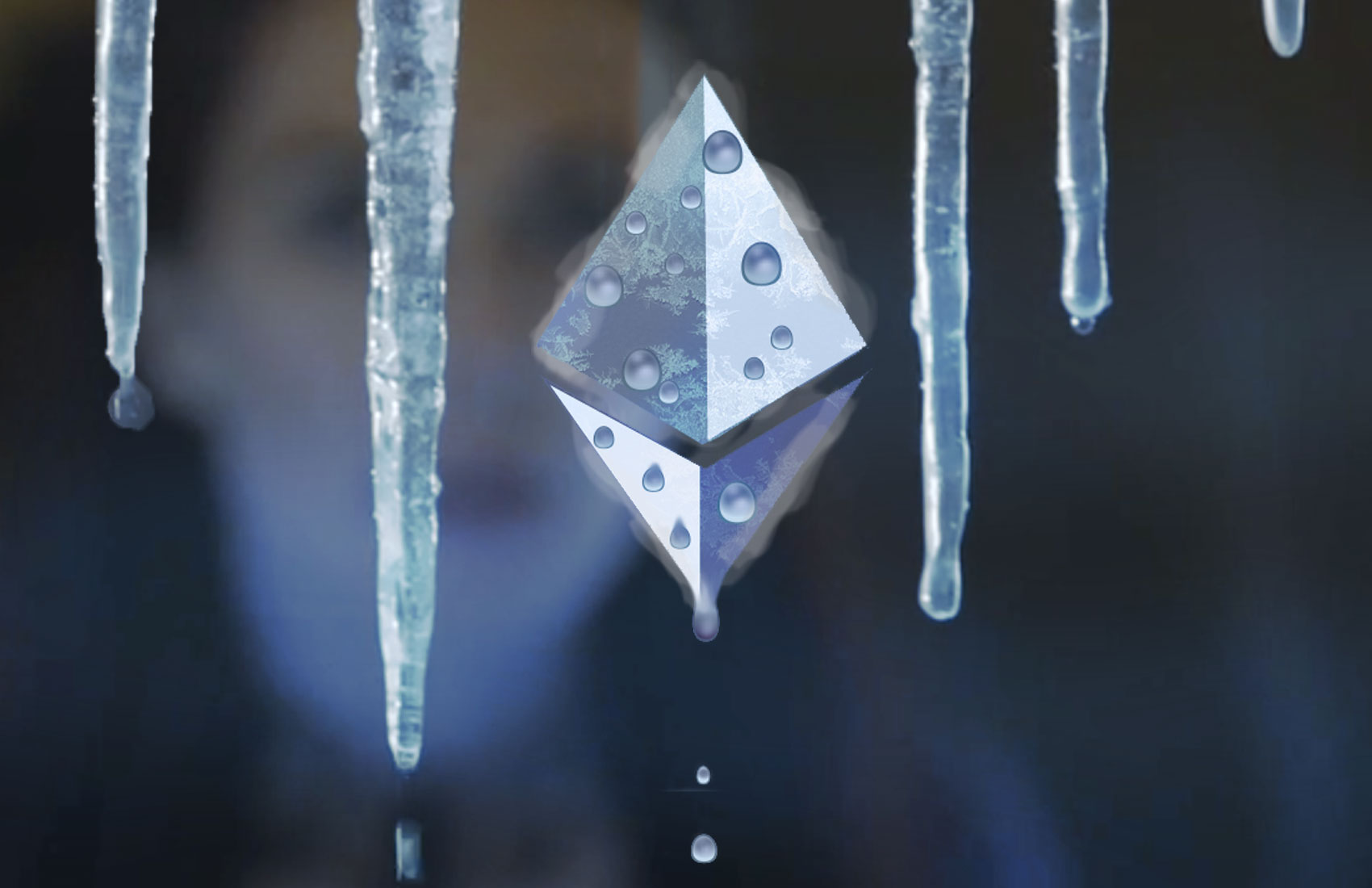Ethereum Ice Age Explained
Some things you need to know first

Currently the way we validate transactions on the ethereum blockchain is through a consensus algorithm called proof of work (PoW) in which miners use their hashing power to solve puzzles so they can mine new blocks with the information of the transactions you and me do on a daily basis, that is how we can do transactions with each other without having to go through banks, however this way of validating transactions is not perfect and that is why ethereum is switching to a new way of validating transactions called Proof of Stake (PoS).
What are the benefits of PoS?
It solves 4 main problems:
Electricity: in case you didn’t know the amount of electricity the miners use to run the equipment that solves the puzzles to validate transactions is A LOT, and it also generates a lot of heat, so looking at this from an environmental perspective this is a huge problem for Ethereum and other cryptocurrencies such as Bitcoin.

Less inflation: since the people validating transactions aka the miners won’t need electricity or mining equipment the incentive required for them to receive the same net benefits will be lower since they are eliminating the costs associated with PoW.
But how does this translate into less inflation? The amount of new ETH the network gives to the miners for mining new blocks with transactions will be lower.

Centralization: Today miner A with 10 times more money than miner B can has the advantage of mass producing hardware and chips that allows him to mine 20 or 50 times more than miner B, and thus giving the “whales” and big players even more money and advantaje.

Higher penalties for trying to attack the network: when trying to introduce a “bad block” with false transactions and fail in PoW all you lose is the cost of electricity, but in PoS the penalty is the Eth you are staking (this would be the equivalent of losing your mining equipment in PoW).

So now what is the ice age?
Whenever we have a change to the protocol or update to the system of Ethereum or any coin that is NOT backwards compatible (unlike a soft fork), we need to have a hard fork because the version of the software is not compatible with the old one, so if only a part of the network updates then we have a network split (the old one and the new updated one) so in order to make sure this doesn’t happen with ethereum and ensure that everyone upgrades they decided to implement a difficulty adjustment scheme knows as ethereum ice age.
How does it work?
It increases the mining difficulty so much that it won’t be profitable for miners to keep mining the old chain, and if the old network doesn’t have miners to confirm transactions users will no longer use the old chain.

(this is what happens when you fork and don't take this things into consideration)
This is in my opinion one off the most intelligent ways ethereum can avoid mistakes with its upgrades, and I wouldn’t be surprised to see more of them in the future as ethereum continues to scale to fulfill the needs of this crazy growing and exiting space.
Congratulations @entrepreneurmag! You have received a personal award!
Click on the badge to view your Board of Honor.
Do not miss the last post from @steemitboard:
Congratulations @entrepreneurmag! You received a personal award!
You can view your badges on your Steem Board and compare to others on the Steem Ranking
Do not miss the last post from @steemitboard:
Vote for @Steemitboard as a witness to get one more award and increased upvotes!